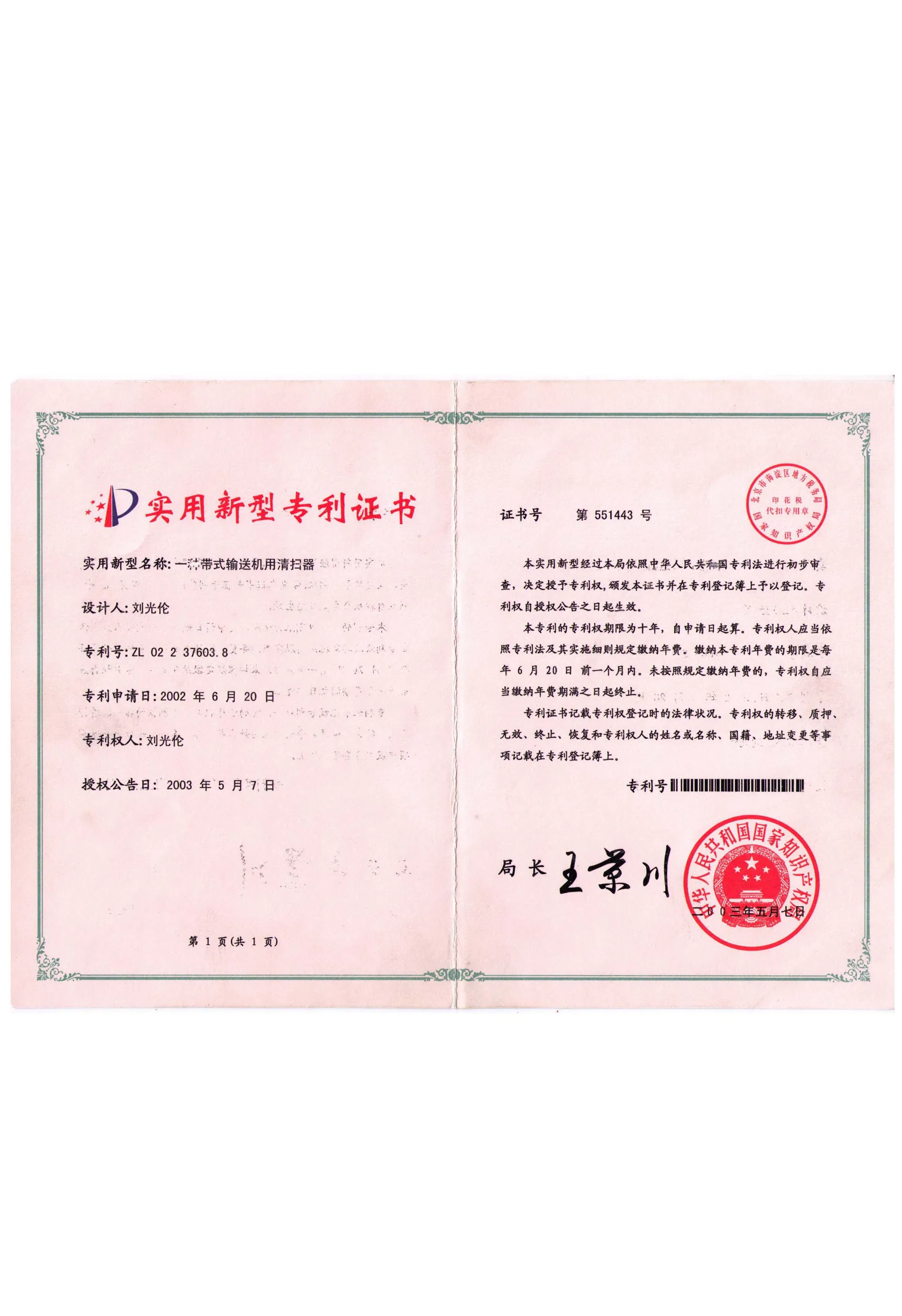 Afrikaans
Afrikaans  Albanian
Albanian  Amharic
Amharic  Arabic
Arabic  Armenian
Armenian  Azerbaijani
Azerbaijani  Basque
Basque  Belarusian
Belarusian  Bengali
Bengali  Bosnian
Bosnian  Bulgarian
Bulgarian  Catalan
Catalan  Cebuano
Cebuano  Corsican
Corsican  Croatian
Croatian  Czech
Czech  Danish
Danish  Dutch
Dutch  English
English  Esperanto
Esperanto  Estonian
Estonian  Finnish
Finnish  French
French  Frisian
Frisian  Galician
Galician  Georgian
Georgian  German
German  Greek
Greek  Gujarati
Gujarati  Haitian Creole
Haitian Creole  hausa
hausa  hawaiian
hawaiian  Hebrew
Hebrew  Hindi
Hindi  Miao
Miao  Hungarian
Hungarian  Icelandic
Icelandic  igbo
igbo  Indonesian
Indonesian  irish
irish  Italian
Italian  Japanese
Japanese  Javanese
Javanese  Kannada
Kannada  kazakh
kazakh  Khmer
Khmer  Rwandese
Rwandese  Korean
Korean  Kurdish
Kurdish  Kyrgyz
Kyrgyz  Lao
Lao  Latin
Latin  Latvian
Latvian  Lithuanian
Lithuanian  Luxembourgish
Luxembourgish  Macedonian
Macedonian  Malgashi
Malgashi  Malay
Malay  Malayalam
Malayalam  Maltese
Maltese  Maori
Maori  Marathi
Marathi  Mongolian
Mongolian  Myanmar
Myanmar  Nepali
Nepali  Norwegian
Norwegian  Norwegian
Norwegian  Occitan
Occitan  Pashto
Pashto  Persian
Persian  Polish
Polish  Portuguese
Portuguese  Punjabi
Punjabi  Romanian
Romanian  Russian
Russian  Samoan
Samoan  Scottish Gaelic
Scottish Gaelic  Serbian
Serbian  Sesotho
Sesotho  Shona
Shona  Sindhi
Sindhi  Sinhala
Sinhala  Slovak
Slovak  Slovenian
Slovenian  Somali
Somali  Spanish
Spanish  Sundanese
Sundanese  Swahili
Swahili  Swedish
Swedish  Tagalog
Tagalog  Tajik
Tajik  Tamil
Tamil  Tatar
Tatar  Telugu
Telugu  Thai
Thai  Turkish
Turkish  Turkmen
Turkmen  Ukrainian
Ukrainian  Urdu
Urdu  Uighur
Uighur  Uzbek
Uzbek  Vietnamese
Vietnamese  Welsh
Welsh  Bantu
Bantu  Yiddish
Yiddish  Yoruba
Yoruba  Zulu
Zulu conveyor cleaner
The Importance of Conveyor Cleaner Systems in Modern Industries
In today’s fast-paced industrial landscape, efficiency and cleanliness are paramount. Conveyor systems play a critical role in the transportation of materials, finished products, and components across various sectors, ranging from manufacturing to food processing. However, as these systems continuously operate to meet production demands, they accumulate debris, dust, and other contaminants that can hinder performance. This is where conveyor cleaner systems come into play, ensuring optimal operation and maintaining high hygiene standards.
At its core, a conveyor cleaner is a specialized tool designed to remove unwanted materials from conveyor belts. These cleaners are essential for preventing issues such as product contamination, equipment wear, and inefficiency in material handling. Various types of conveyor cleaners are available, including primary cleaners, secondary cleaners, and specialty cleaners, each serving a specific purpose depending on the application.
Enhancing Productivity and Efficiency
One of the primary benefits of implementing a conveyor cleaner system is the enhancement of productivity. When conveyor belts are clean, they operate more efficiently, minimizing downtime associated with maintenance or equipment failure. Contaminants on the belt can lead to belt slippage or carryback, where materials are inadvertently transported back along the conveyor, resulting in wasted resources. By ensuring that the conveyor surfaces remain clean, industries can maintain consistent throughput and reduce operational costs.
Moreover, cleaning systems help in prolonging the lifespan of conveyor components. A clean conveyor belt experiences less wear and tear, which results in fewer replacements and repairs. This not only contributes to lower maintenance expenditures but also ensures that the system runs smoothly, further supporting the industry’s productivity goals.
conveyor cleaner

Maintaining Hygiene Standards
In sectors such as food processing, pharmaceuticals, and chemicals, cleanliness is not just a matter of efficiency but a regulatory requirement. Conveyor cleaners play a crucial role in maintaining hygiene standards by eliminating contaminants that could compromise product quality. In food processing, for example, residual materials can harbor bacteria that lead to food spoilage or contamination, posing serious health risks to consumers. By incorporating effective cleaning systems, companies can mitigate these risks and comply with stringent health regulations.
Additionally, modern conveyor cleaning systems are often designed with hygienic principles in mind. Many systems feature easy disassembly, allowing for thorough cleaning, and they are constructed from materials resistant to corrosion and buildup. This commitment to hygiene not only protects products but also fosters a culture of safety and quality within the organization.
Choosing the Right Conveyor Cleaner
Selecting the appropriate conveyor cleaner system involves assessing specific operational needs, including the type of material being transported and the environment in which the conveyor operates. Factors such as the size of the conveyor, the level of contamination, and the desired cleaning frequency must all be considered to ensure the effectiveness of the cleaning solution.
In conclusion, conveyor cleaner systems are vital components in modern industry. They significantly enhance productivity, ensure compliance with hygiene standards, and extend the lifespan of equipment. As industries continue to evolve, the adoption of advanced cleaning technologies will only become more critical in maintaining efficiency and safety across production lines. Investing in effective conveyor cleaning solutions is not merely an operational necessity but a strategic move toward achieving long-term success.
-
Revolutionizing Conveyor Reliability with Advanced Rubber Lagging PulleysNewsJul.22,2025
-
Powering Precision and Durability with Expert Manufacturers of Conveyor ComponentsNewsJul.22,2025
-
Optimizing Conveyor Systems with Advanced Conveyor AccessoriesNewsJul.22,2025
-
Maximize Conveyor Efficiency with Quality Conveyor Idler PulleysNewsJul.22,2025
-
Future-Proof Your Conveyor System with High-Performance Polyurethane RollerNewsJul.22,2025
-
Driving Efficiency Forward with Quality Idlers and RollersNewsJul.22,2025





























